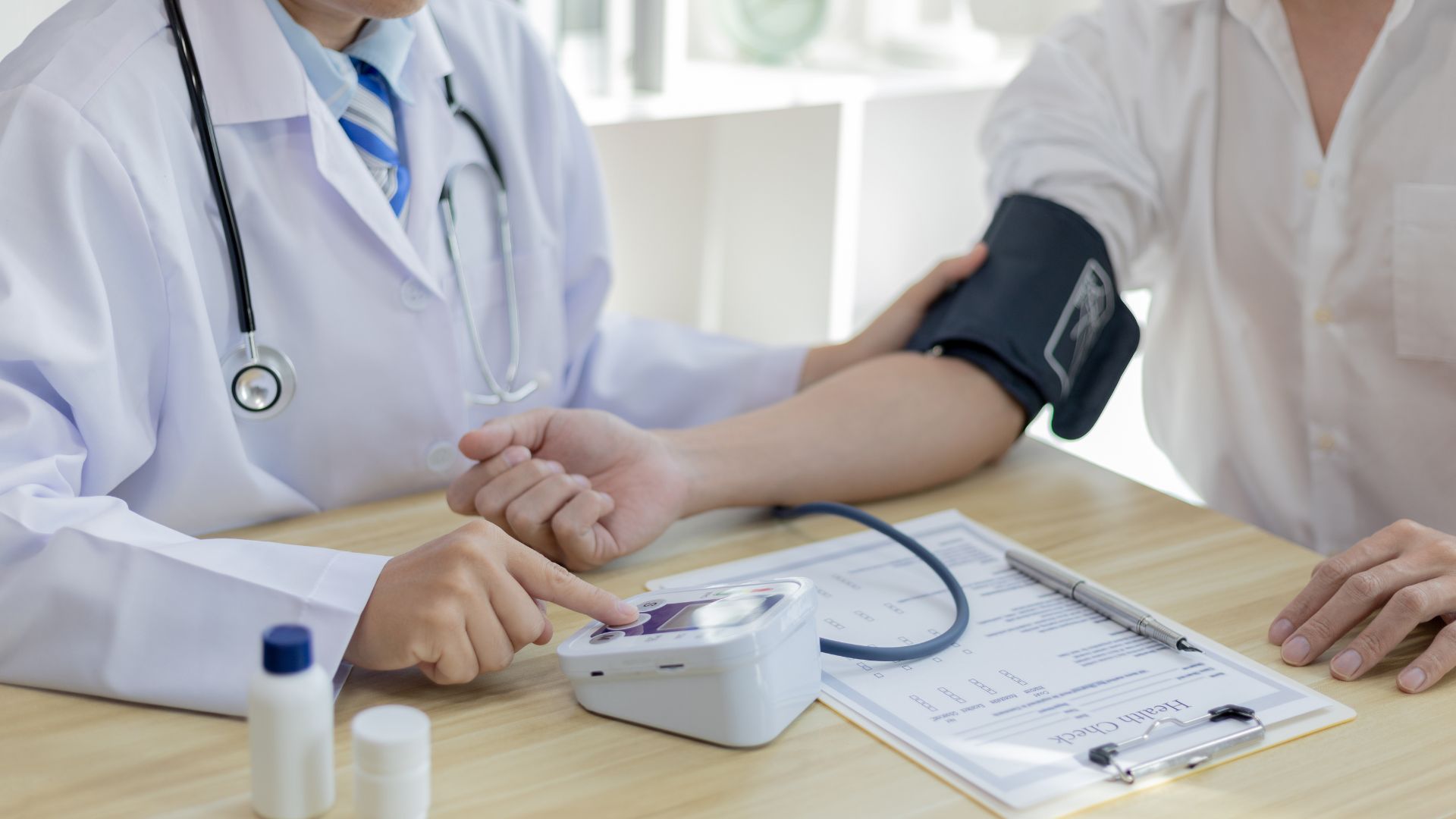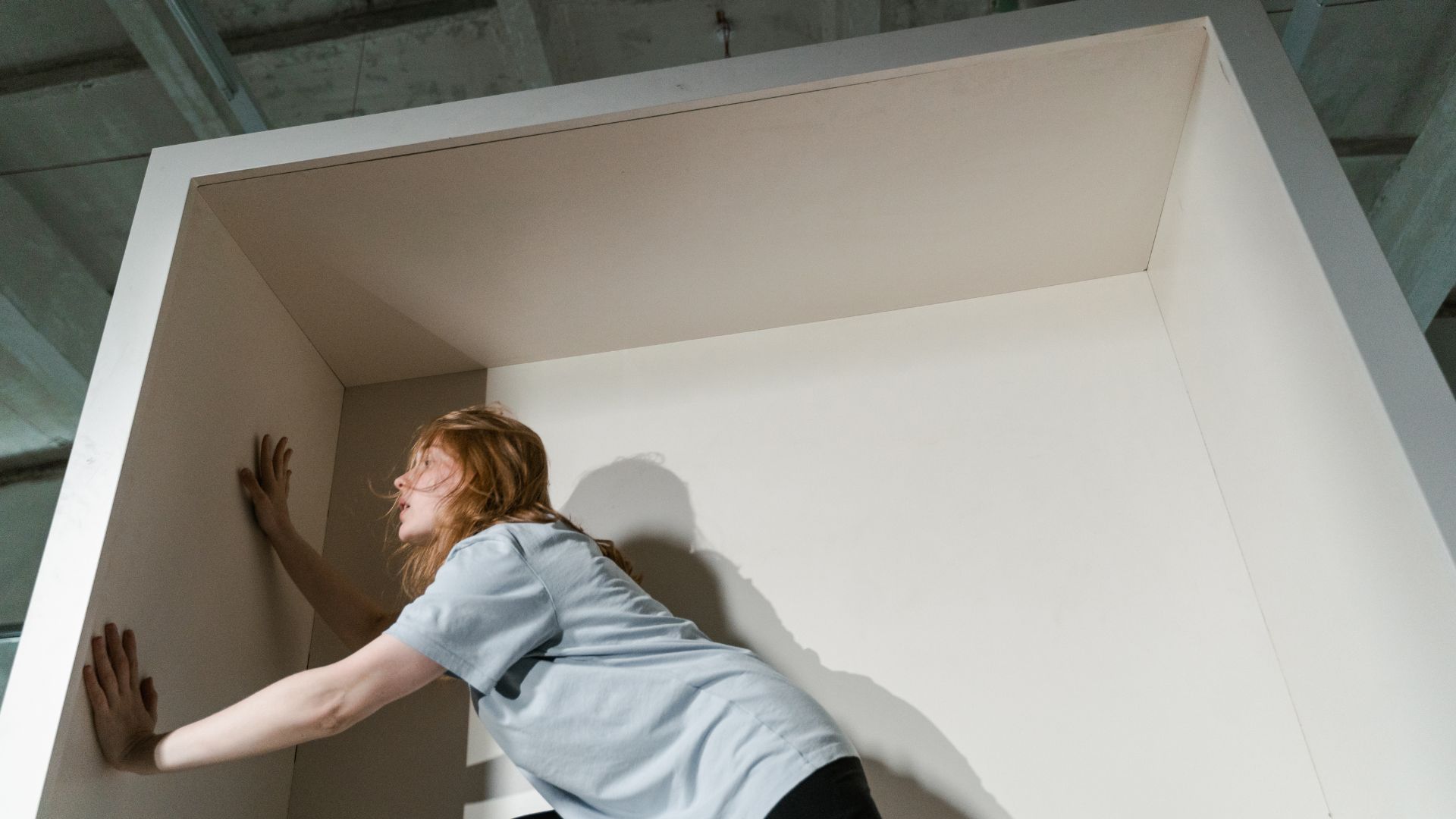Chemotherapy is a powerful tool aimed at destroying cancer cells. However, alongside its main purpose, it also affects healthy tissues. Think of it as a general assault that fights the disease but also causes collateral damage to other systems. During treatment, chemotherapy doesn’t just target cancer cells—it also impacts healthy organs, which can lead to numerous side effects.
After completing a course of chemotherapy, many patients experience fatigue, nausea, digestive issues, deterioration in skin and hair condition, and anxiety. These symptoms can persist because chemotherapy drugs linger in the body, accumulating in tissues and affecting various organs. They burden the liver, kidneys, intestines, and immune system, weakening the body and making it more susceptible to infections and other illnesses.
Even after the main course of treatment ends, the body needs support and recovery. This critical phase is known as detoxification. Unlike trendy detox fads, post-chemotherapy detox is not a buzzword—it’s a necessary step for health restoration. Cleansing the body of toxins and chemical residues plays a vital role in restoring the normal functioning of organs and systems.
Main Effects of Chemotherapy on the Body
Several key systems are affected by chemotherapy, including the digestive tract, liver, and immune system:
- Digestive Tract (GI Tract)
The GI tract is often among the first areas affected. Chemotherapy drugs harm not only cancer cells but also the lining of the GI tract. This disrupts the gut microbiota, leading to issues such as constipation, diarrhea, bloating, and nutrient malabsorption—complicating the body’s ability to recover.
- Liver
The liver is the main detoxifying organ, processing both metabolic waste and drugs. It takes a hit during chemotherapy, which can lead to dysfunction, inflammation, or overload. This slows detoxification and recovery, and increases the risk of further complications.
- Immune System
Chemotherapy suppresses blood cell production, particularly white blood cells, weakening immunity. After treatment, patients often face a higher risk of infections, prolonged fatigue, and slow recovery from common illnesses.
- Accumulation of Heavy Metals and Drug Residues
Chemotherapy and related substances can accumulate in body tissues over time. Heavy metals like lead and cadmium, along with leftover chemicals, are not always naturally eliminated. They may damage cells, trigger inflammation, and disrupt metabolism.
That’s why it’s essential to actively support detoxification to speed up recovery and reduce long-term damage.
What Detox Is and Why It’s Important After Treatment
Detoxification is the process of eliminating toxins and restoring normal body functions. Unlike fad juice cleanses, true detox is a comprehensive, systemic approach. After chemotherapy, the body especially needs help removing accumulated drugs and byproducts from tissues.
Detox Goals After Treatment:
- Eliminate Drug Residues and Metabolites
Detox supports faster removal of leftover chemotherapy agents that may still affect organs and tissues. - Support Detox Organs (Liver, Kidneys, Gut, Lymph)
These organs often get overloaded. Detox helps restore their function and promotes better toxin elimination. - Replenish Nutrients
Chemotherapy depletes the body of essential vitamins, minerals, and antioxidants. Detox helps restore these levels, supporting healing and immunity. - Reduce Inflammation and Promote Regeneration
Detox lowers inflammation and helps regenerate damaged tissues and cells.
Detox after chemotherapy is a vital part of recovery, not just a wellness trend. However, it should always be done under medical supervision and tailored to each patient’s needs.
Natural Detox Methods
Natural remedies can be gentle and supportive for the detox process:
- Water
Staying hydrated is key. Water helps flush toxins via the kidneys and supports metabolism. Warm water with lemon can stimulate liver function and aid digestion. Herbal teas like chamomile, mint, or fennel are also helpful.
- Antioxidants
These protect cells from oxidative stress. Important sources include:
- Berries (blueberries, raspberries, strawberries)
- Greens (parsley, dill, spinach)
- Broccoli
- Nuts (walnuts, almonds)
- Matcha tea (rich in antioxidants)
Vitamins C and E, selenium, zinc, and beta-carotene are particularly useful.
- Herbs
Certain herbs can gently support detox without side effects:
- Milk Thistle – supports liver repair and protection
- Burdock Root – aids lymphatic function and toxin elimination
- Dandelion – stimulates bile flow and kidney detox
- Turmeric – reduces inflammation and supports cell regeneration
Always consult a doctor before using herbs or supplements, especially post-chemotherapy.
Medical Approaches: Nutraceuticals and Chelators
In some cases, natural remedies alone may not be enough. Medical-grade options like nutraceuticals and chelating agents can be effective under professional supervision.
Nutraceuticals
These are concentrated supplements of vitamins, minerals, amino acids, and antioxidants. They help replenish deficiencies and support regeneration. Useful examples:
- L-Glutathione – a powerful antioxidant aiding liver detox and cell repair.
- Alpha-Lipoic Acid – protects liver cells and improves metabolism.
- Coenzyme Q10 – supports cellular energy production, especially in mitochondria.
These must be prescribed and dosed by a healthcare provider to avoid risks.
Chelators
Chelating agents bind and remove heavy metals from the body. After chemotherapy, they help clear residual toxins from tissues.
- EDTA – removes lead, mercury, cadmium through the kidneys.
- DMSA – a gentler option for clearing heavy metals.
- Seaweed Alginates – natural binders that support heavy metal removal and gut health.
Chelation should only be done under medical supervision, as improper use can lead to dehydration, nutrient loss, or kidney issues.
Supporting the Liver and Lymphatic System
Both systems are vital for detox:
Liver
The liver filters and neutralizes toxins. Support it with:
- Milk Thistle (protects liver cells)
- N-Acetylcysteine (NAC – promotes liver repair)
- B vitamins (essential for liver function)
Lymphatic System
The lymph clears toxins not eliminated via blood or urine. Help it work with:
- Gentle massage
- Lymphatic drainage
- Breathing exercises and movement to improve lymph flow
Tips from Oncologists/Nutritionists
To ensure safe and effective detox:
- Wait 2–4 weeks post-chemotherapy before starting detox.
- Personalize your plan—each patient’s needs are different.
- Start gently, with hydration, nutrition, and liver support.
- Monitor labs—track liver enzymes, electrolytes, vitamins, etc., to ensure safety.
Conclusion + Recovery Plan
Detox after chemotherapy is not a luxury—it’s a necessity for proper recovery. A thoughtful, phased approach minimizes long-term complications and helps the body regain strength.
Basic Chemotherapy Recovery Plan
- Week 1-2: Plenty of Water, Rest, and Gentle Nutrition During this time, it is important to give the body rest and recovery after the intense impact of chemotherapy drugs. Focus should be on hydration and nutrition:
- Abundant drinking: Warm water with lemon, herbal teas (chamomile, mint) help gently eliminate toxins.
- Gentle nutrition: Easily digestible food, rich in vitamins and trace elements, to avoid overloading the body.
- Complete rest: Rest to regain strength and avoid stress.
- Week 3-4: Adding Herbs, Antioxidants, and Vitamins When the body has recovered a bit, herbs and nutrients can be added to aid in detoxification and strengthen the immune system:
- Detoxifying herbs: Milk thistle, dandelion, burdock root — these help gently stimulate body cleansing.
- Antioxidants: Vitamins C and E, zinc, selenium — these substances help neutralize free radicals and restore cells.
- Vitamins and minerals: Support the body with necessary nutraceuticals to replenish vitamin deficiencies and improve immune function.
- Week 5 and beyond: Nutraceuticals, Liver Support, Massages, and Physical Activity Once the main recovery processes are completed, more active methods of supporting the body can be introduced:
- Nutraceuticals: Such as L-glutathione, alpha-lipoic acid, and Coenzyme Q10, which help speed up cell recovery and protect the liver.
- Liver support: Milk thistle, N-acetylcysteine, B vitamins, and other remedies to restore liver cells.
- Massages and lymphatic drainage: Gentle massages, lymphatic drainage procedures, and breathing practices to improve the lymphatic system’s function.
- Physical activity: Light exercises or walks outdoors help improve circulation and accelerate the cleansing process.
- Further steps: Regular monitoring, balanced diet, and minimizing toxic load After the first few months of recovery, it is important to continue monitoring the body’s condition and maintain balance:
- Regular monitoring: Blood tests to track liver condition, vitamin and mineral levels, and other health indicators.
- Balanced diet: Nutrition should be varied, rich in vegetables, fruits, proteins, and healthy fats.
- Minimizing toxic load: Avoid exposure to chemicals, choose eco-friendly products, and reduce stress factors.
If you or your loved ones have gone through chemotherapy, don’t face the aftermath alone. It is important to understand that detoxification and recovery are not just an “additional measure” but an essential part of the path to full recovery. A proper and safe detox helps the body “reset” after chemical exposure, improving quality of life and minimizing the side effects of treatment. Along the way, it’s vital to have the support of specialists, such as oncologists, nutritionists, and other doctors, who can help build the right recovery strategy based on your body’s individual needs. Following recommendations and consistency in recovery will help you regain strength quickly, boost immunity, and return to normal life after chemotherapy








